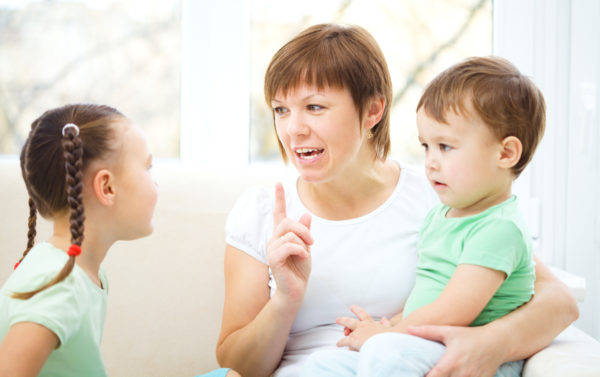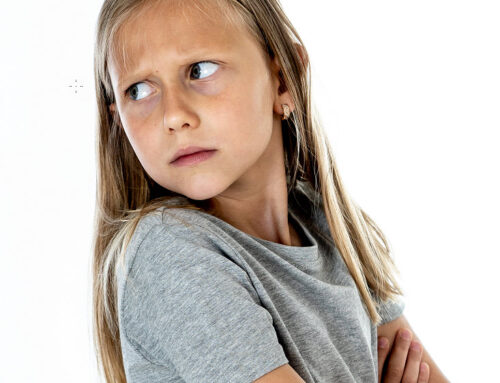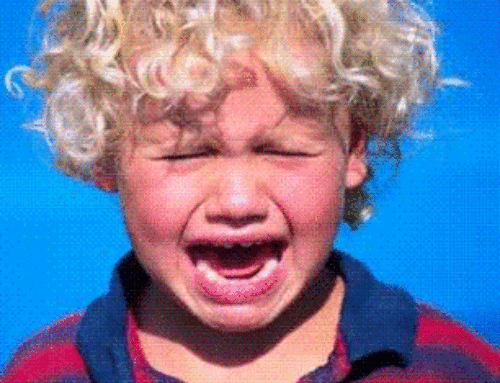Most parents insist their child apologise if they have done or said something wrong or if they act out in an inappropriate manner. Should we as a parent ever apologise to our child?
We tell them to apologise to either us, their sibling or the person they have hurt or affected.
So the words ‘I’m sorry’ are heard over and over. These words, however, may sometimes not mean much to a child nor teach a child any lesson except if I repeat them mum or dad are less angry at me now. Is this really the lesson we want to teach our children?
I really do not like the words ‘I’m sorry’ uttered for the sake of saying it. We must have a reason attached to the apology, any apology. The words I’m sorry I do not believe constitute any sort of apology.
Then we have this issue should parents apologise to their child? There is considerable debate on the yes and no of apologising to your child. Arguments include:
NO:
- It will make us as the parents seem weak
- It takes away our authority
- Can allow the child to feel in charge of us
- It’s ok to damage a relationship without attempting to restore it
- Never admit to your child you have made a mistake or are human
Then, of course, we have the educated response of YES,
We should apologise to our child if we have done or said something inappropriate or hurtful. The reason we as parents’ should apologise when necessary include:
- Role modelling
- Accountability
- Demonstrating that to accept responsibility is more important than the mistake itself
- Opening up communication avenues to talk and resolve matters
- Discovering ways to improve the behaviour next time
Children learn from modelling their parents’ behaviour. A parent that can apologise for their mistake or error, be sincere to acknowledge their child’s emotions, hurt or disappointment, demonstrates to the child how intelligent and kind human beings can be. There is, however, a few tips to make sure what you say and how you say it is correct. One of the most important lessons a parent and child can learn is to accept responsibility for the action or behaviour without any excuses.
For instance, if the parent says to the child after yelling or ignoring them
“I’m sorry I said or did that, but I was so busy” or ” I apologise I snapped and yelled at you, but I have had such a rotten day”. All the child hears is excuses and blame, no responsibility. I suggest every parent remove the word But from their vocabulary when expressing an apology. A But deletes everything you have just said prior.
When we wish to sincerely apologise for yelling, for instance, we may say
“I apologise for snapping and yelling at you; it is never appropriate to say anything mean to someone you love and care for”. Even an “Oops, I’m sorry I interrupted, please continue as I listen” is a recognition of an error and fast correction to set things right. It can be instant.
The tip is:
Apologise for the behaviour, not the reason for it
We can then quickly add how we can adjust our behaviour or response next time. A good conversation to have is explaining all people sometimes get tired, cranky or angry; it is what we do with our tired, cranky and angry that matters.
Have discussions on what you can all do to manage your escalated emotions, how to best achieve a reduction in escalation and what to say or do instead of ‘going off, hitting someone or yelling’.
Apologising is not a matter of just saying ‘I’m sorry’, it can be an important learning tool for life. Apologising for what you actually did, didn’t do, said or didn’t say is vital for all our children to learn. They learn from you, their parent. Kids are not born knowing these things; they learn them all from your modelling, your behaviour, your teachings.
“It’s not that you made a mistake, it’s how you handle that mistake”
A sincere apology for something you, as the parent, did or said wrong is a way for your child to learn responsibility and forgiveness. No child should be made to apologise, instead ask if they are sad or sorry for their behaviour. If they start to justify their behaviour, this is when a parent politely stops them, asks them if it was them who chose to do or say this particular thing, remind them it was their choice of behaviour and ask if they regret or are sorry for it. Most of the time a child will be regretful. The child feeling bad is often the worst punishment a child can feel.
The Perfect Opportunity
This is the perfect opportunity to then ask your child, what can you do next time this occurs, or you feel this way. Allow the child to come up with their own resolution; guide or suggest if you need. However, allow the child to choose their best responsive behaviour the next time something occurs, they then own this decision.
This is all learnt from you mum and dad. You apologise for doing, not doing or saying something less than ideal; before explaining how next time you can ensure it will not be repeated. Kids know when a parent makes a mistake, parents know too. Picking up only on the child’s behaviour is not fair, nor educational, for the child. Yelling at a child for yelling at their sibling teaches nothing except yelling is how we communicate.
When a parent, not if, does or says something you regret or hurts the feelings of your child, even creates fear or disappoints in them, you sit quietly with them, ask how they feel, apologise for your behaviour or words and discuss ways you can refrain or change your actions in future. Remind your child that sometimes people do make mistakes; all everyone can do is their best to make sure their poor actions are far more seldom than their good actions.
The difference between saying an apology and saying I’m sorry is
Apology = I accept responsibility for what I did or said, I regret my actions or behaviour and I will make an effort not to repeat this or hurt you again..
I’m sorry = I recognise someone else hurt you or made you feel sad, and I empathlise with you, how can I help make you feel better?.
We must always be aware of our behaviour, language and actions as these do impact our children.
Here is the television segment on TODAY discussing this
Recent article in the Washington Post on should parents apologise to their child.
Read more from Dr Karen






